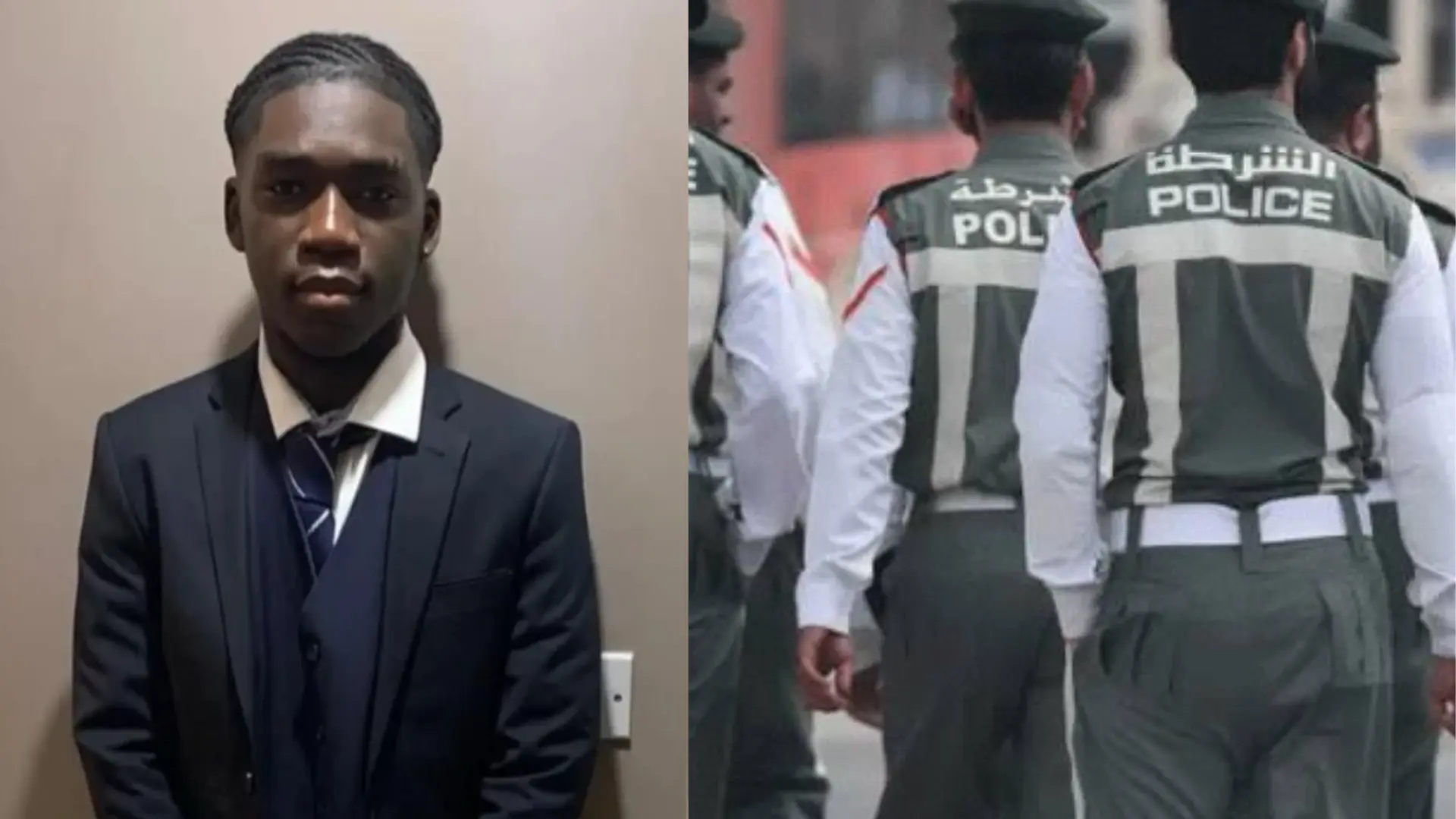The Supreme Court on Tuesday granted bail to K Kavitha, a leader from the Bharat Rashtra Samithi, in the money laundering and corruption cases tied to the alleged Delhi liquor policy scam.
During the proceedings, Justices BR Gavai and KV Viswanathan raised concerns about the fairness of the Central Bureau of Investigation (CBI) and the Enforcement Directorate (ED), particularly criticizing the selective manner in which some accused individuals were made approvers.
“Prosecution must be fair. A person who incriminates themselves is being turned into a witness! Tomorrow, will you pick anyone at random? You cannot selectively choose accused persons. Where is the fairness in that? Very fair and reasonable discretion!” Justice Gavai remarked during the hearing.
#WATCH | Delhi: Bharat Rashtra Samithi (BRS) working president KTR leaves from Supreme Court.
Supreme Court granted bail to BRS leader K Kavitha in the excise policy irregularities case. It also set aside the Delhi High Court’s order which rejected her bail plea. pic.twitter.com/DBy4lTdSEn
— ANI (@ANI) August 27, 2024
Justice Gavai warned Additional Solicitor General (ASG) SV Raju that if he persisted in opposing the bail on merit, the Court might include harsh observations in its order. After nearly an hour of debate, ASG Raju opted not to make further arguments and suggested that he might consider conceding bail after consulting with his superiors. The bench decided against postponing the hearing and proceeded to dictate the order.
The Court’s order did not delve deeply into the evidence, noting that investigations were complete and chargesheets had been filed in both the CBI and ED cases. Given the involvement of about 493 witnesses and almost 50,000 pages of documentary evidence, the trials are expected to be lengthy. The bench reiterated its position from the Manish Sisodia case that pre-trial detention should not serve as punishment. The Court also highlighted that Section 45(1) of the Prevention of Money Laundering Act (PMLA) provides special consideration for women in bail matters. It disagreed with the Delhi High Court’s interpretation that this provision doesn’t apply to women of high status.
“When deciding such cases, courts must exercise their discretion wisely. The Court does not assert that a woman who is sophisticated or a Member of Parliament or Legislative Council is ineligible for the benefit of the proviso to Section 45 of the PMLA Act. We believe the learned single judge misdirected themselves,” the Court stated in its order.
The Supreme Court granted bail to K Kavitha in both cases, requiring sureties of Rs 10 lakhs each. The Court also ordered her to surrender her passport and refrain from influencing or intimidating the sureties.
Kavitha was arrested by the ED on the evening of March 15 and has been in custody since. She was also arrested by the CBI while already in judicial custody for the ED case.

















